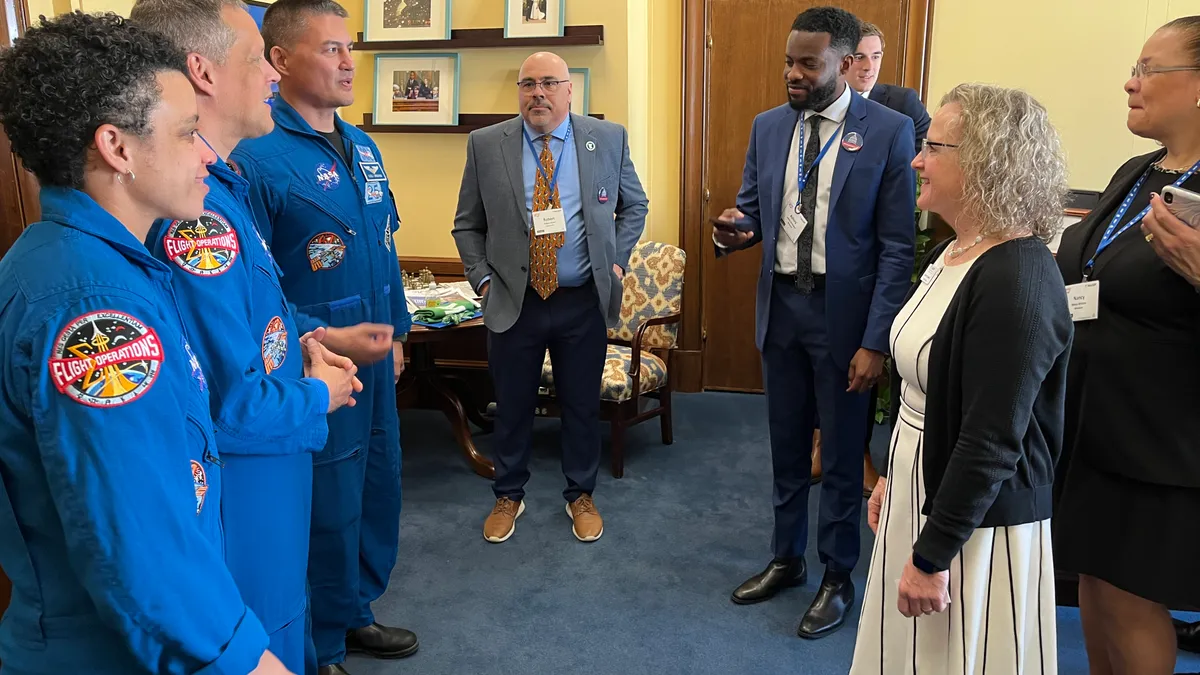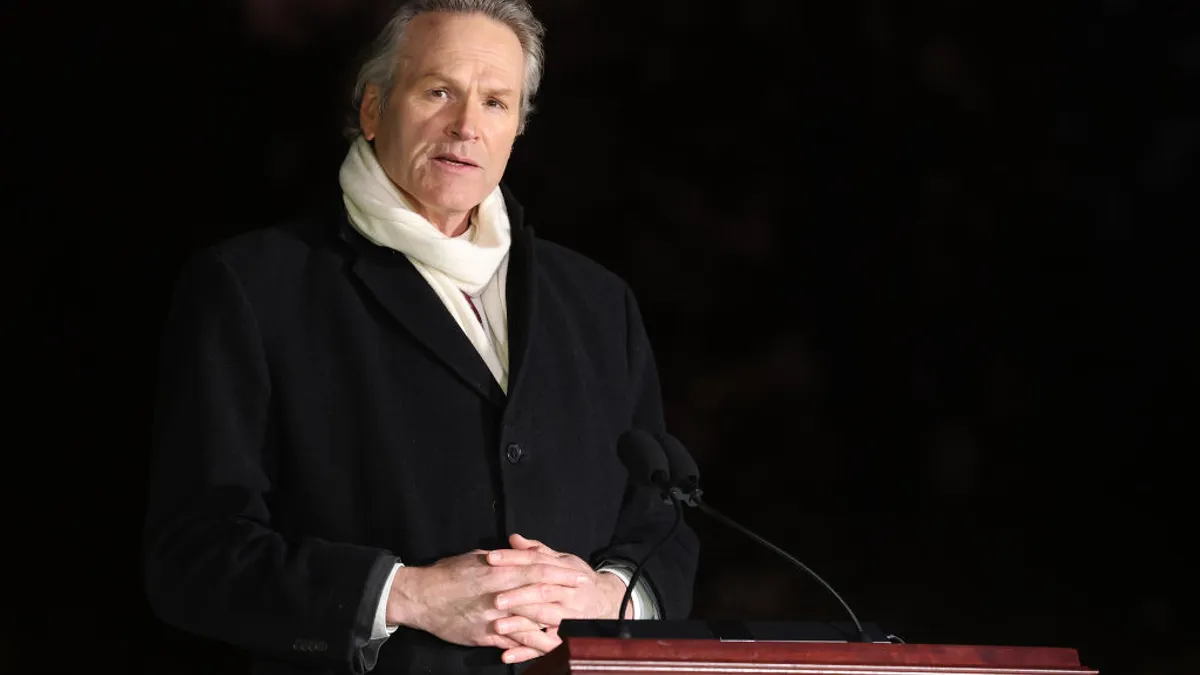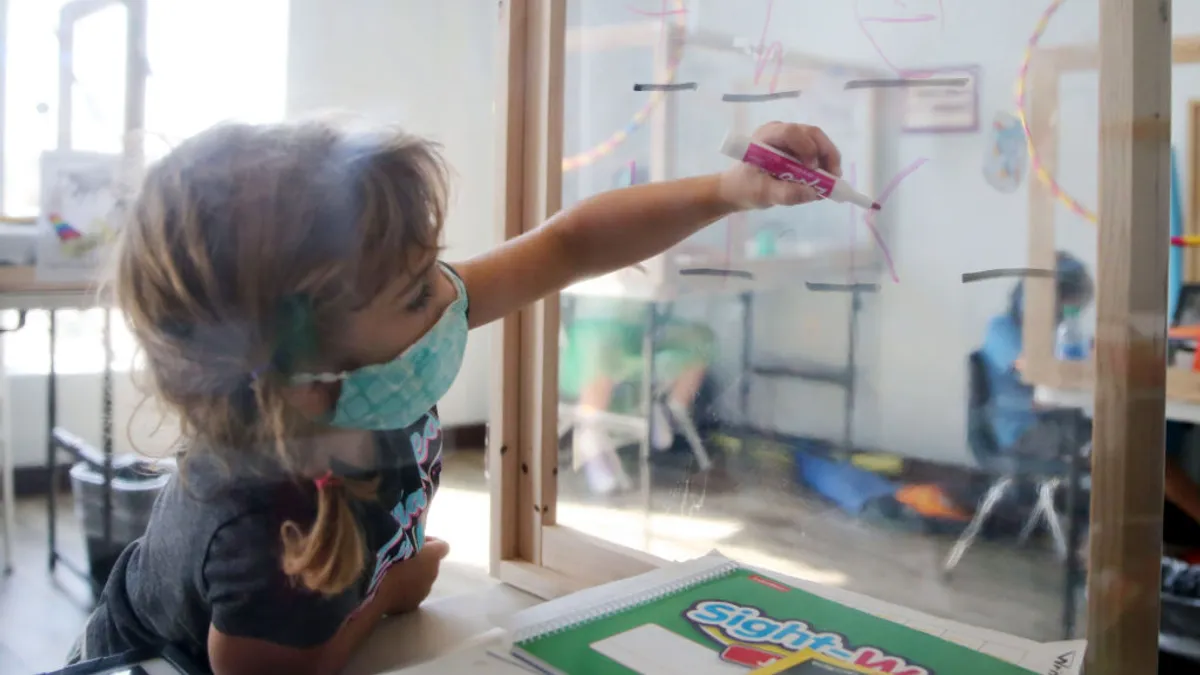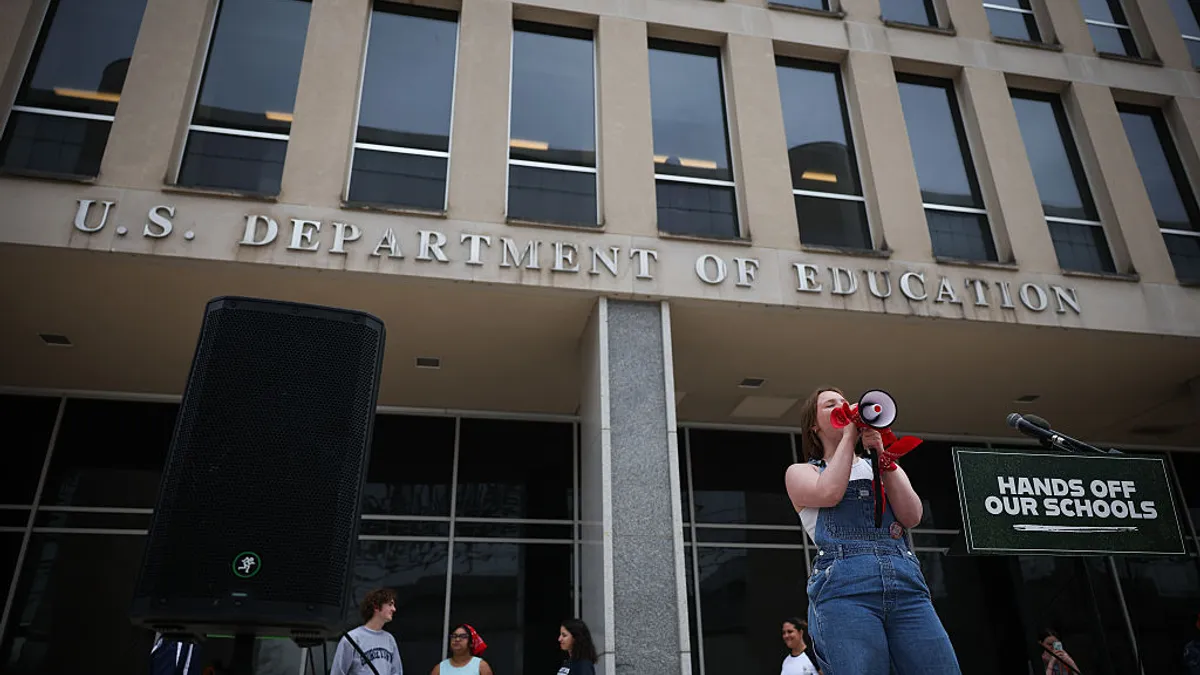As a long-time assistant principal, Mary Pat Cumming said she had no desire to become a principal. The position, in fact, was "thrust" upon her after the chosen candidate's out-of-state credentials didn't comply with Minnesota's licensure requirements.
But since being named principal of the Fine Arts Interdisciplinary Resource (FAIR) School in Minneapolis six years ago, Cumming is now urging other educators to explore opportunities for leadership roles. She's also making sure her school is a welcoming place for staff who have leadership ambitions.
"It's important to create space so that when people are saying 'I want to step into that role,' that there's space for them to do so," Cumming said.
Cumming had originally planned to be a doctor. Nearly everyone in her family works in the medical field — and she's one of 10 children.
"I just think we have to be unapologetic as leaders and and truly to step into — not to be afraid to step into — your own power and your own greatness despite the setbacks that might be around you."

Mary Pat Cumming
Principal of the Fine Arts Interdisciplinary Resource School in Minneapolis
But after college, she instead directed her scientific knowledge into teaching biology and chemistry high school. In her first year in the classroom, she was recognized as a First Year Teacher of the Year by St. Cloud School District 742 in Minnesota.
In 1997, after only three years as a teacher, she became an assistant principal.
Since then, her three-decade journey in the education field has brought career highs like her current position as a school principal and board member of the National Association of Secondary School Principals.
But it has also seen some lows, such as her 2007 lawsuit against Stillwater Area Public Schools in Minnesota for claims of gender discrimination, alleging pervasive chauvinism and marginalization. The case was settled in her favor.
Encouraging diversity in leadership
Cumming's past experience working in men-dominated school science departments and in administration helps fuel her passion to lift employees' potential for leadership. She's also guided by a desire to serve students through a dedicated and inclusive staff.
The FAIR School is an art magnet program for grades 9-12. Students attending the school, which became part of Minneapolis Public Schools seven years ago, can come from districts across the state but most are from Minneapolis and from western suburbs, Cumming said.
As principal, Cumming is particularly proud of the school's increased graduation and enrollment rates. The school has also developed a student support system with access to counseling, social work, mental health therapy and psychology services.
Additionally, the school has created a culture that supports student’s individual identities as artists, however each student defines it. That includes work that uses traditional media or students' own niche genre using digital, electronic, graphics or designing street art.
"We want them to express themselves and feel proud of what they create," Cumming said.
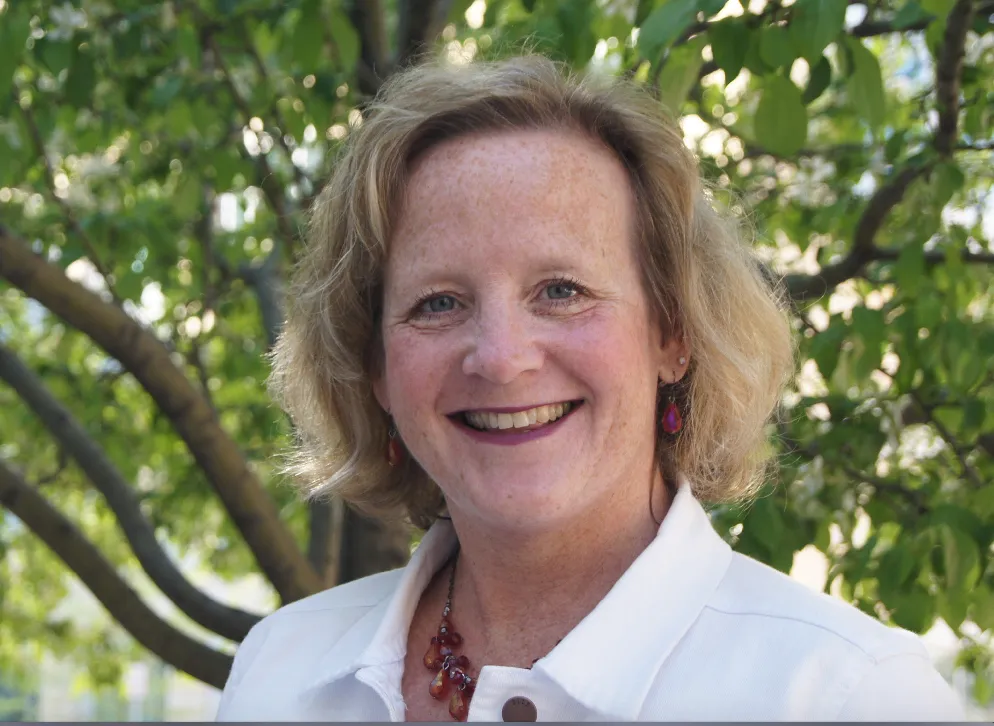
Cumming served as assistant principal of the 350-student school for 10 years before becoming principal. She felt the assistant principalship had fit well with her skill set as someone who's organized and enjoys the technical parts of the job, such as scheduling, registration and organizing events. As a longtime assistant principal, she also valued the opportunities she had years before to become a school's first woman administrator — and the modeling of that possibility for other women educators.
Now, even as more women advance in school and district leadership positions, she remains mindful of the former struggles she endured to find professional networks of women and advocate for herself to be a leader.
There's been a cultural shift toward more inclusion of women leaders in education, she said. Cumming also notes there's a broader representation of voices and experiences in state and national leadership roles, including administrators from rural and small schools, she said.
"It shows the progression of an organization that is committed to not just leadership, but to living out the values that we say we want in other areas in education as well," Cumming said.
She adds that inspiring the leadership of educators of color is also vital. "What I encourage my colleagues to do across the country is to find, to tap, to support and lift up leaders that can follow in that path and create maybe a more equitable and equal area," she said.
Stepping in your own greatness
At the FAIR School, Assistant Principal Max Athorn, said Cumming's reassurance has helped him grow as a leader.
"She often encourages me to zoom out, and to see the bigger picture," Athorn said in an email. "She has taught me to look at every decision for its implications beyond the immediate moment. She’s always thinking ahead and planning strategically, and she has shown me how that strategy informs our day-to-day decision making as much as our long-term goal setting."
That nurturing of talent in administration and in staff has had positive influences on the school as a whole, including for the students, he said.
"It’s been wonderful to see this value at work at FAIR," Athorn said. "We encourage students to speak up and speak out, to try new things, and to find their voice. Principal Cumming’s vision for this school is built on the foundation of students’ seeking to discover their own identity, and that’s a great journey to be on."

But, in some places, even with dedicated mentors and invitations from managers to expand job roles, educators may still need to push their way forward and challenge doubters, Cumming said.
"I just think we have to be unapologetic as leaders and and truly to step into — not to be afraid to step into — your own power and your own greatness despite the setbacks that might be around you," Cumming said.
Correction: A previous version of this story misidentified the state in which an out-of-state candidate's credentials were awarded. We have updated the story with the correct state, Minnesota.



